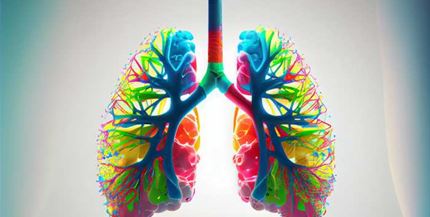Password Reset
Forgot your password? Enter the email address you used to create your account to initiate a password reset.
Forgot your password? Enter the email address you used to create your account to initiate a password reset.
Dr. Jennifer Blumenthal-Barby discusses patients as autonomous decision makers and thinking about the ethics shaping patient decision making.
Educational objectives:
Upon completion of this activity, participants should be able to:
Reading Resources:
Disclosures:
Dr. Blumenthal-Barby has reported no relevant relationships with entities producing health care goods or services.
All presenters disclosure of relevant financial relationships with any entity producing, marketing, re-selling, or distributing health care goods or services, used on, or consumed by, patients is listed above. No other planners, members of the planning committee, speakers, presenters, authors, content reviewers and/or anyone else in a position to control the content of this education activity have relevant financial relationships to disclose.
Accreditation Statement:
The University of Pittsburgh School of Medicine is accredited by the Accreditation Council for Continuing Medical Education (ACCME) to provide continuing medical education for physicians.
The University of Pittsburgh School of Medicine designates this enduring material for a maximum of 1 AMA PRA Category 1 Credits™. Each physician should only claim credit commensurate with the extent of their participation in the activity. Other health care professionals are awarded (0.1) continuing education units (CEU) which are equivalent to 1 contact hour.
For your credit transcript, please access our website 4 weeks post-completion at http://ccehs.upmc.edu and follow the link to the Credit Transcript page. If you do not provide the last 5 digits of your SSN on the next page you will not be able to access a CME credit transcript. Providing your SSN is voluntary.
ABIM MOC Part 2 Credit
Successful completion of this CME activity, which includes participation in the evaluation component, enables the participant to earn up to 1.0 MOC points in the American Board of Internal Medicine's (ABIM) Maintenance of Certification (MOC) program. Participants will earn MOC points equivalent to the amount of CME credits claimed for the activity. It is the CME activity provider's responsibility to submit participant completion information to ACCME for the purpose of granting ABIM MOC credit.
To receive your ABIM MOC Part 2 credit, you will need to complete the post-test with a pass rate of 100% and provide your date of birth and ABIM number, along with the other required fields. This information will be shared with the American Board of Internal Medicine using the Accreditation Council for Continuing Medical Education Program and Activity Reporting System.
Release Date: 10/24/2017 | Last Modified On: 10/124/2017 | Expires: 6/24/2020


